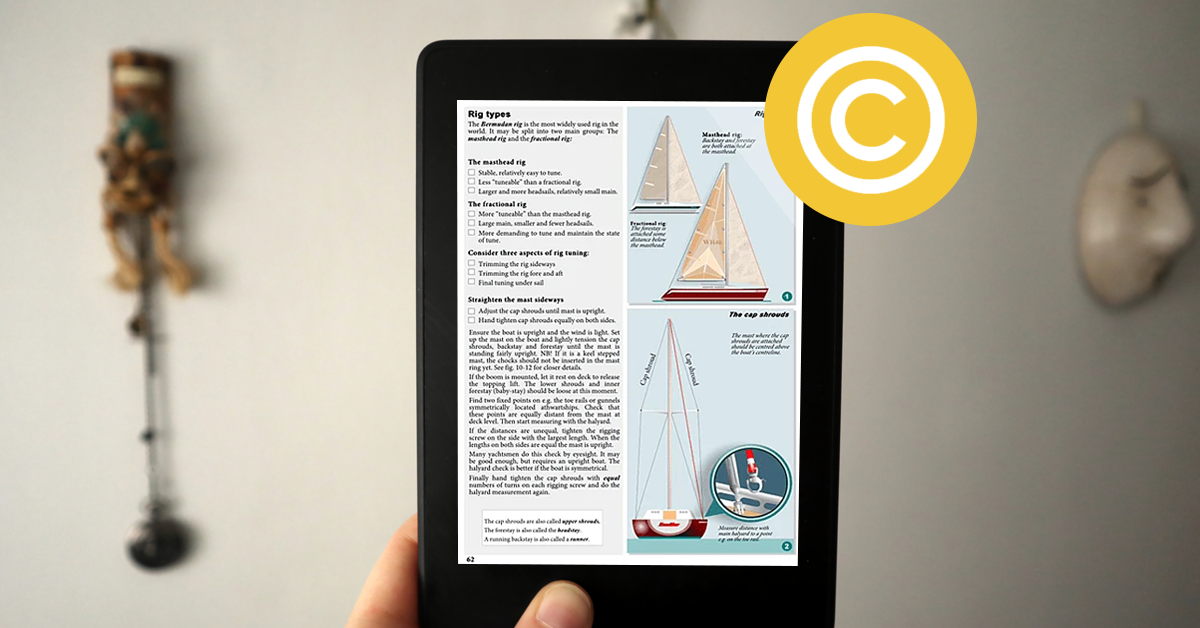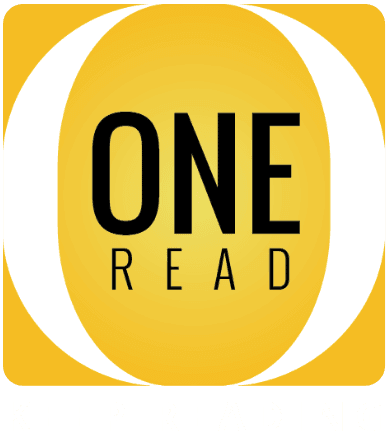
When it comes to E-book piracy, publishers are more worried and are looking for answers. Copyright law on eBooks is analogous to any other copyright law that applies to any written publication or work. The author is also protected by copyright from the time the book is created. However, because it is so easy to copy and distribute ebooks, there is a greater risk of disseminating pirated editions, which brings up new copyright concerns that continue to change and be debated.
What is E-book Piracy?
Electronic piracy is one of the fastest-growing cybercrimes today, affecting people all over the world. The unauthorized acquisition and distribution of electronic material such as movies, music, software, and E-books is known as piracy.
E-book piracy is on the rise, thanks to current gadgets like the iPad and Kindle, which open up a whole new world of possibilities for E-books. As evidenced by the rapidly increasing sales of digital books, as well as the desire for electronic books. E-book piracy is growing more common and more of an issue, although not being as popular as music or software piracy. Piracy is a direct copyright infringement since it directly impacts copyright laws.
Copyright Laws For eBooks
While the law definitely protects your intellectual work even if you don’t register it with the copyright office, in many circumstances it is a good idea. For example, if you invest a lot of time in your work and want to make sure you have complete protection (and are worried about being infringed and having to file a lawsuit later), I would strongly advise you to register your work.
Registering your work may be quite beneficial for secure publishing and is advisable to anybody who wants to sell or spread their work widely to do so. The following are some of the advantages of spending the time and money to register your copyright:
- If someone later tries to infringe on your copyright, you’ll have a far stronger case in court. You’ll have a clear record of verification of your publication/registration date this way. This will assist to guarantee that your work is protected, and you will have a far better chance of winning infringement charges.
- It gives your work a more professional appearance.
- It provides you peace of mind to know that your work is legally protected and that you may sell or share it freely at this stage, among other things.
- When you publish a work, you must make an obligatory deposit, according to the legislation. Within three months of completion, you must provide a copy of the published work.
- You may accomplish all of this together if you register your work.
- While you may not be required to register your copyright protection in all circumstances, it may be advantageous to do so in certain situations.
Ways To Protect Your eBooks
Once an author’s ideas are expressed in a concrete form, they instantly acquire copyright for secure publishing. The material is automatically copyrighted as a draft is written down. Even if a digital copy of the book is produced, the author maintains the copyright. The copyright assures that the creator has sole ownership of their work, particularly in terms of dissemination and reproduction.
When a book is replicated electronically without the permission of the copyright owners, problems might develop. The most crucial step for an author is to register their copyright with the United States Copyright Office. Certain acts, such as filing a copyright infringement case or presenting the copyright as evidence in court, need registration. Registering your copyright might serve as proof that you are the rightful owner of the book.
If you’re dealing with a publisher, you might want to include an ebook clause in your contract. Make careful to express your preferences in full when it comes to ebook copyright concerns like replication and distribution.
E-book technology is still in its infancy, and the corpus of regulations controlling digital communications is still in its infancy. Many copyright problems that aren’t foreseen under digital rights management rules can be avoided with a well-drafted contract.
1. Notice of Copyright
When you’ve finished your eBook and are ready to publish it, you’ll want to think about the copyright notice/warning you want to add to it.
2. Technological Protection
Perhaps your readers will have to consent to a web wrap license or another type of license before they can access the book.
Also, think about whether or not you want to “lock” the eBook in any way. Only authorized people will be able to view, reproduce, or forward copies of your eBook if you apply technical precautions like password security.
3. Registration
Also, think about registering your work with the United States Copyright Office. Even while registration isn’t required, it will give you certain benefits if you ever need to protect your rights.
4. Keep a tab on illegal usage
Consider monitoring for illicit use of your copyright-protected work in addition to the electronic publishing procedures outlined above. Regular internet searches of unlawful usage of your content, including photographs, can be conducted by you, a staff member, or even an independent business. For example, you may run a reverse image search using an image URL or by uploading an image file to Google Images.
5. Add DRM to your ebook
Authors can use DRM services provided by online vendors to protect their ebooks. They may send their manuscripts to the retailer, who will install DRM to the ebook automatically. DRM gives retailers an edge since it allows them to tie customers to a platform because most websites that sell ebooks also offer their own devices. Customers must purchase both the ebook and the gadget from the same website in this situation, as ebooks can only be read on the website where the device was purchased.
Wrapping Up
eBooks piracy is a huge concern for publishers with the rising demand of digital books. Thus authors should be very well aware of securing their hard worked content with the help of eBook copyrights. It’s high time that authors and publishers should start protecting their digital books with digital rights management software. Secure your eBooks by getting in touch with us through info@one-read.com or contact us at +1 585 283 0055.




